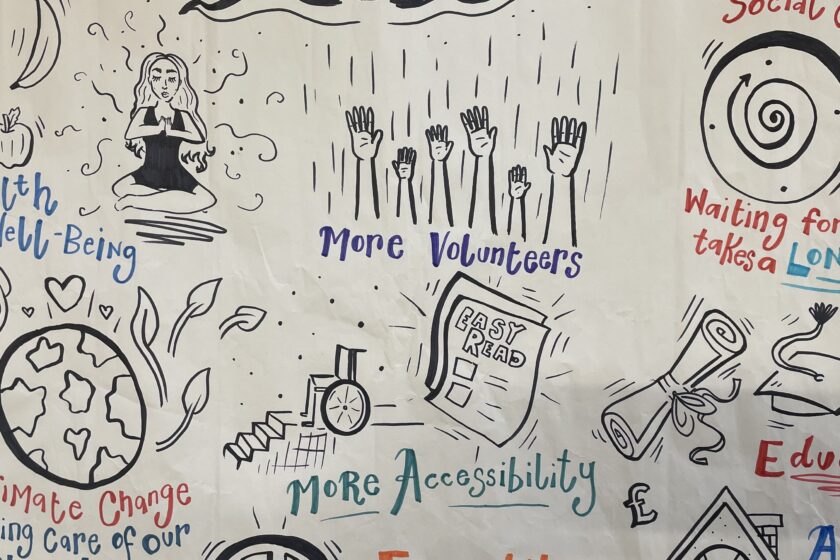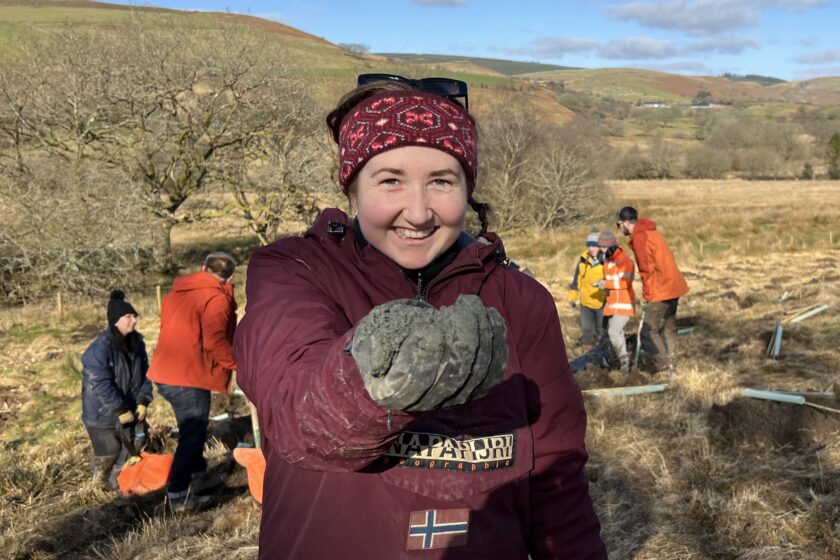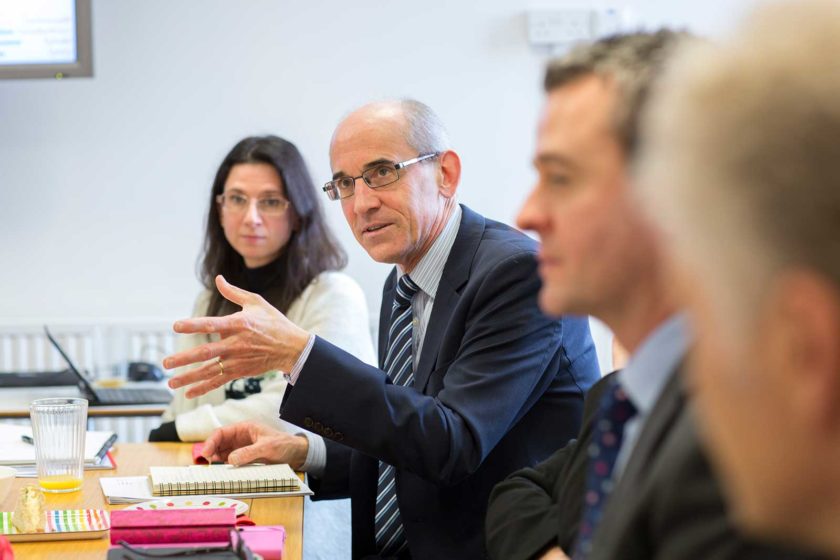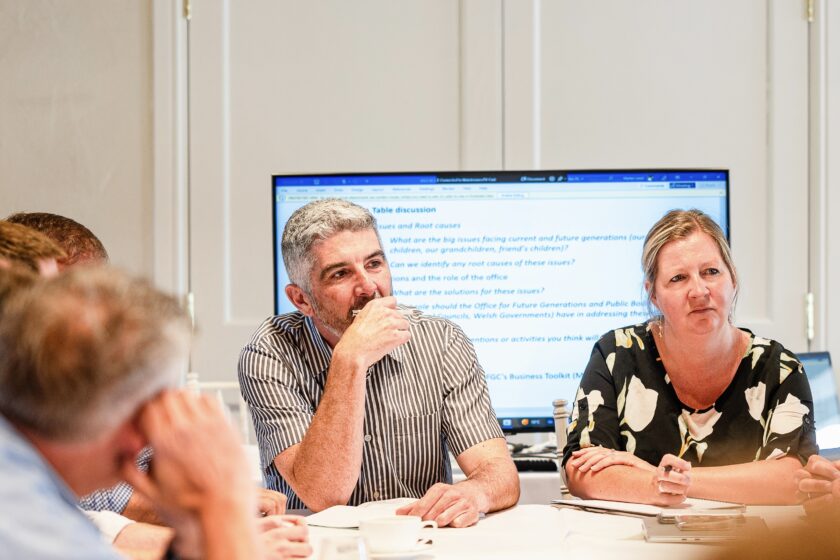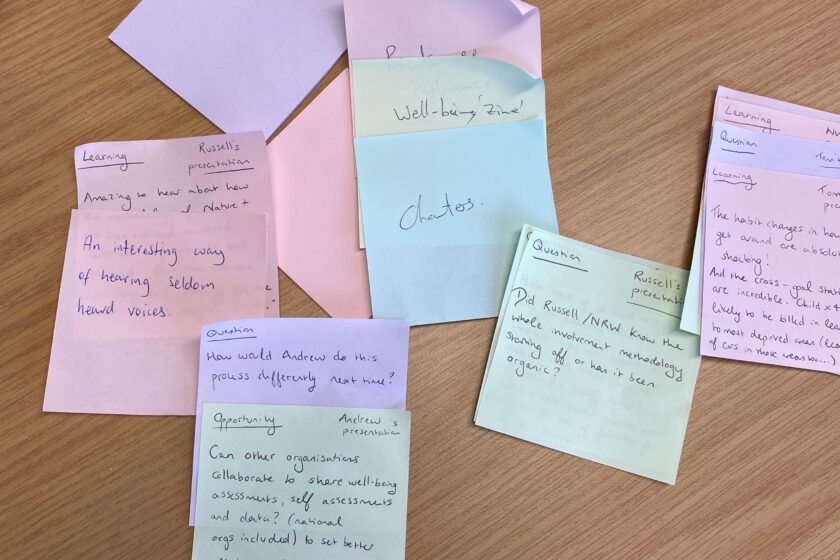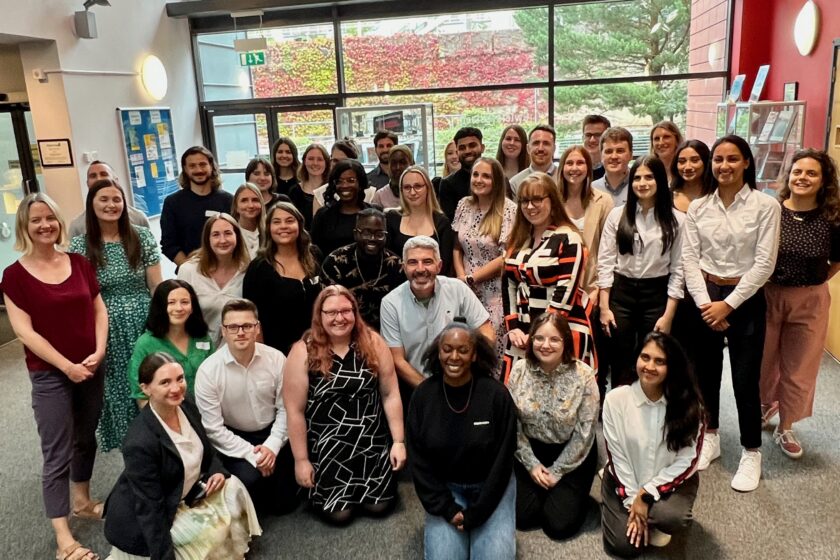Long-term Thinking
Think about the youngest person you know. What will their life look like in 2050? What about 2100? What will they eat? Where will they live? How will they celebrate their birthday?
Now imagine the invisible link that connects you in the present to that image of the future. How will your decisions today impact their future in 2100? How can we be the good ancestors our future generations need, and leave a better world behind us?
Thinking about the long-term is not just one of the five ways of working in the Well-being of Future Generations Act – it is the idea sitting at the very heart of the legislation.
The Act defines long-term thinking as: “The importance of balancing short-term needs with the need to safeguard the long-term needs, especially where things done to meet short term needs may have detrimental long-term effects.”
A future will happen whether we think about it or not but thinking about the long-term can help us navigate an increasingly complex and uncertain world in a way that reduces risk and unlocks opportunities. It can help us build resilience into our systems and get out of the constant ‘firefighting’ mode.
It can be difficult, however, to think long-term when priorities are deeply rooted in the present. Time and effort, alongside new knowledge and skills will be required to undertake this substantial cultural and behavioural shift.
To support this shift, we have created and compiled resources that can help you think in the longer-term and act today for a better tomorrow.
We also organise and provide training days and sessions with public bodies to help them plan and use long-term thinking methods in their work. If you are interested in futures workshops or would like to discuss long-term thinking, please get in touch with us via contactus@futuregenerations.wales marked for the attention of Petranka Malcheva.


